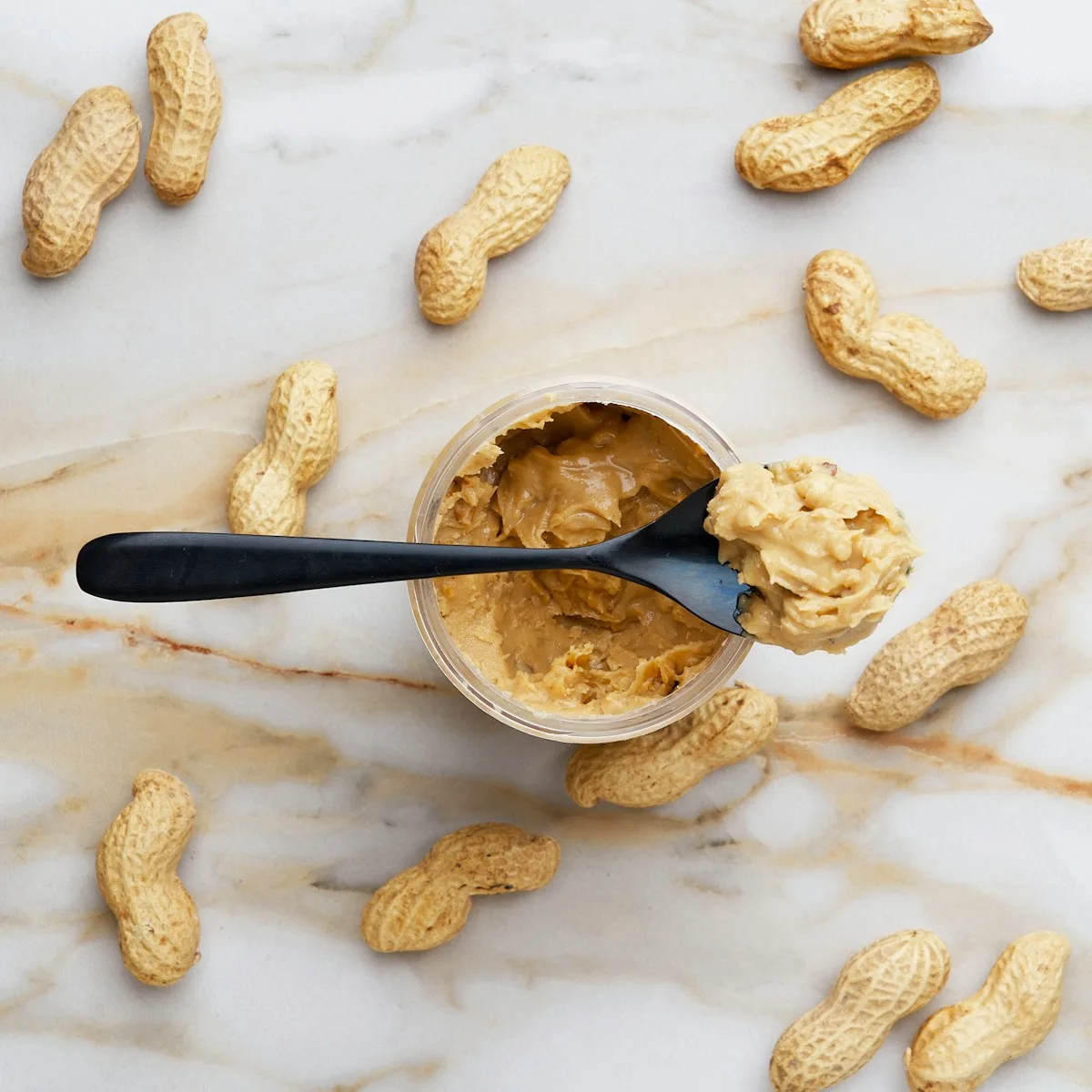Table of Contents
Given that only males possess this walnut-sized gland, it goes without saying that every guy should be worried about the health of his prostate.
Men should be aware of three primary prostate-related conditions, according to Harvard Health Publishing: benign prostatic hyperplasia (BPH), also known as an enlarged prostate, prostatitis, an inflammation of the gland that may cause painful urination, and prostate cancer, which can affect not only the prostate but also other parts of the body. Over time, the prostate grows in all men, but not all of them have health issues. As a guy ages, he becomes more susceptible to developing an unhealthy prostate.
After the age of 30, there is a one in twelve chance of having the illness; at age 51, the risk increases to fifty percent; and beyond the age of eighty, the chance of having BPH surpasses eighty percent.
When prostate enlargement compresses the urethra, it might be difficult to maintain a steady urine stream and completely empty the bladder, which results in frequent (mostly midnight) urination. It’s interesting to note that adding peanut butter, a favorite breakfast food, to one’s diet may help to reduce these unpleasant symptoms.
The Surprising Ingredient In Peanut Butter That Might Prevent BPH
The primary factor responsible for peanut butter’s ability to reduce BPH symptoms is beta-sitosterol, a form of phytosterol derived from plants that inhibits cholesterol (Cleveland Clinic). Experts from Mount Sinai have clarified that beta-sitosterol, which is marketed as having the potential to decrease cholesterol, may also help those who have BPH. Studies have indicated that although beta-sitosterol does not shrink the prostate, it can help a person empty their bladder more completely and maintain a consistent urine flow.
Researchers noted the amount of phytosterols in peanuts and peanut products in a 2000 study published in Nutrition and Cancer, which was motivated by findings that the chemicals may offer protection against prostate, colon, and breast cancer.
They discovered that up to 83% of the phytosterols in 100 grams of roasted peanuts can be beta-sitosterol, which can range from 61 to 114 milligrams. In contrast, the same quantity of peanut butter can contain up to 157 milligrams of phytosterols; as peanut butter makes up almost half of all peanuts consumed in the United States, this makes the spread a great source of beta-sitosterol.

Is Peanut Butter Also Harmful to the Prostate?
While eating a lot of peanut butter can help those with BPH, can eating too much of it also cause problems for your prostate? The answer, as it happens, is indeed yes.
Eating peanut butter is linked to a “significantly increased risk” of non-advanced prostate cancer [but not with total or advanced prostate cancer], per a 2019 study published in Prostate Cancer and Prostatic Diseases. Nutrition has a critical role in reducing the incidence and progression of prostate cancer, according to experts from the University of California San Francisco Health. A plant-based, high-fiber, low-fat, and low-sugar diet is especially recommended. Regretfully, although peanut butter has an abundance of nutrients, it also contains a significant amount of fat, just like other nut-based goods. It’s important to note that BPH by itself is not a sign of prostate cancer, according to WebMD.
In the end, before deciding to eat peanut butter every day—especially if it’s for your BPH—it’s advisable to speak with a medical expert. (Having said that, eating peanut butter as you become older has some interesting advantages.)
read also : If You Fellow This 1 Rule, Peanut Butter Is Healthy
read also : Buttercream: Use An 1 ingredient to transform canned frosting into silky buttercream
read also : 9 Reasons to Add Peanut Butter to Your Diet
Eating Peanut Butter Has An Unexpected Effect On Your Prostate (msn.com)


2 thoughts on “Consuming Peanut Butter Affects Your Prostate In An Unexpected Way”